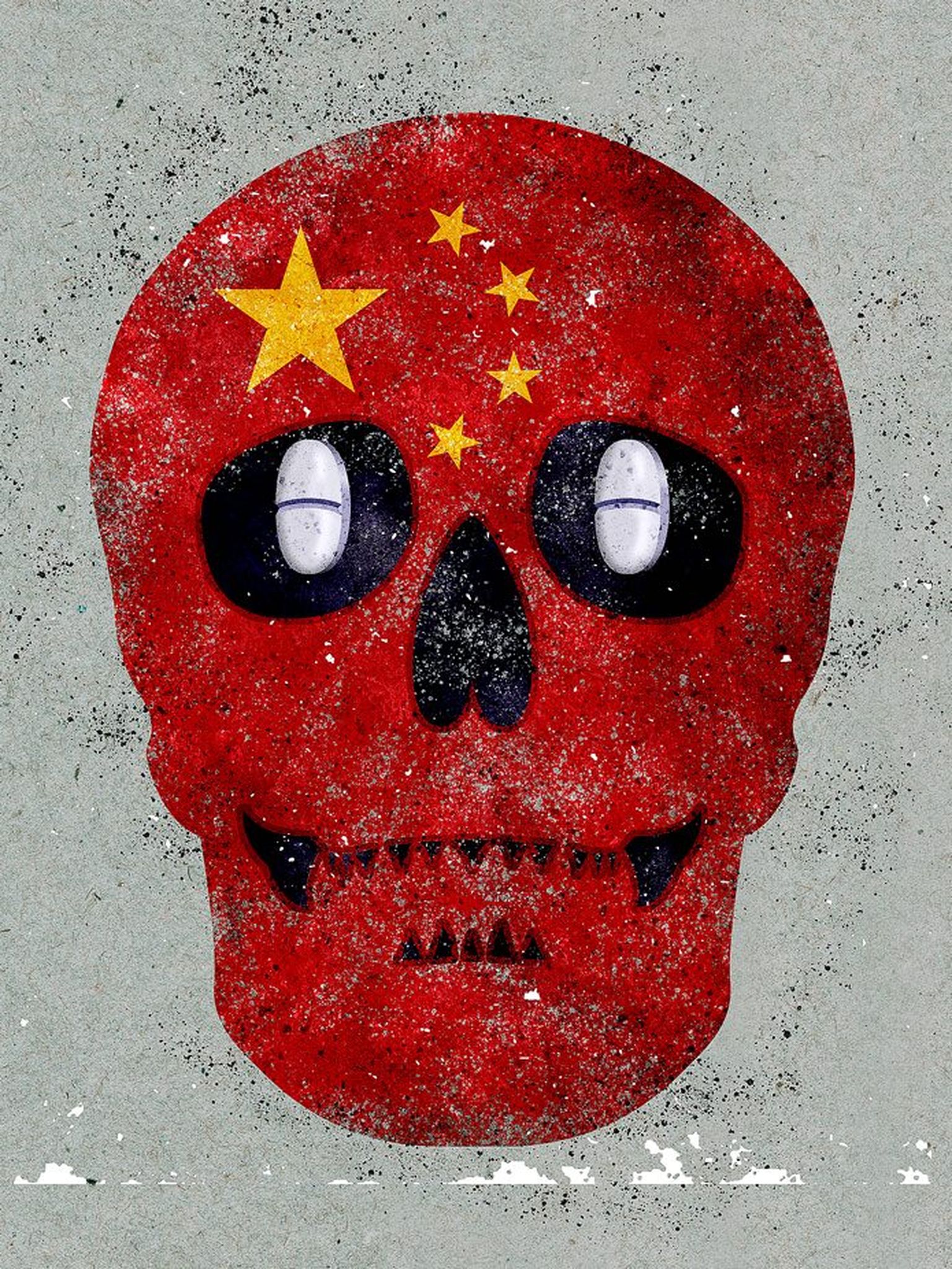
22 May China fuels the U.S. opioid crisis from coast to coast
ANALYSIS/OPINION:
The recent and unfortunate death of Columbine survivor Austin Eubanks this past week caused me to pause and contemplate the opioid crisis ravaging our nation. Diving deeper into the compilation of causes feeding this multifaceted issue made relevant to me an often overlooked aspect of this national problem.
As a U.S. Navy destroyer squadron commander and later an admiral based at the Pentagon over a dozen years ago, I consistently viewed the rise of China as a threat to America. Yet back in those days, it was hard to predict that a lethal side effect of China’s rise would be fueling our nation’s current opioid crisis, threatening our health and well-being from coast to coast.
More recently, while serving as an assistant secretary at the Department of Veterans Affairs, I could see the devastating impact of opioids on the veteran community and the great effort our dedicated VA practitioners devote to deal with the issue.
Opioid deaths in America constitute a national health emergency. In 2017, we lost more than 72,000 lives to drug overdoses, the bulk of which from opioids. Yes, that means about 200 men, women and children dying per day.
Though they don’t like to admit it, Chinese fingerprints are all over today’s carnage.
That’s because according to U.S. government officials, China is the No. 1 source of illegal fentanyl bought by Americans. Meanwhile, the Centers for Disease Control and Prevention (CDC) recently reported that as fentanyl deaths increased 520 percent between 2013 and 2016, overdoses from prescription drugs have remained flat. Therefore, it’s pretty easy to draw a straight line between China’s illegally produced fentanyl and America’s rising death count.
Drug cartels systematically haul fentanyl across our borders, most of which is produced or comprised of components produced in China. While Chinese producers will frequently use international mail to provide fentanyl to dealers in the United States and Canada, vast quantities of fentanyl and its components are shipped directly to producers in Mexico, where they are subsequently smuggled across the border.
Fentanyl, which according to the CDC is 50 times more powerful than heroin and 100 times more powerful than morphine, is often used in combination with these two to concoct pills made to appear as bonafide prescription medication. Yet, instead of bringing temporary pain relief, they often bring death. These illegal, black market pills are particularly attractive to those addicted to pain medication because they are relatively accessible and affordable. However, countless thousands are dying because they don’t know what’s actually in the counterfeit pills stamped as something else.
Overdose deaths by those who unknowingly use these fentanyl-laced pills are of course appalling. What is less appreciated is the deadly nature of fentanyl to anyone who mistakenly inhales it or otherwise comes into contact. Multiple metropolitan police officers in American cities have been hospitalized by exposure to fentanyl powder in the course of their normal investigative duties. Customs and border agents, postal workers, and any others having contact with this deadly drug are equally susceptible.
Chinese producers and their business partners among Mexican cartels are saturating our country with fentanyl and its derivatives. Fentanyl seizures more than doubled within a year, accounting for 1,196 pounds in 2017. And yet even larger quantities evade confiscation. At one California border check point last summer, 20,000 and 11,000 counterfeit fentanyl pills were confiscated from two automobiles, respectively, within one week.
Though some apologists for China and Mexico as well may point to America’s opioid crisis as self-inflicted through over-prescription of pain killers, that’s simply incorrect. National awareness, combined with legislation and strict guidelines have significantly reduced overdose-related deaths due to prescriptions. State and city leaders have also instituted numerous programs to address the issue. Yet, despite these measures, opioid overdoses continue to rise; and that’s predominantly due to the ready availability of dangerous, inexpensive and easy to obtain fentanyl and counterfeit “painkillers.”
Chinese fentanyl producers must be stopped. Fortunately, we are making headway. Under increasing pressure from Washington, China announced that it would regulate fentanyl-related drugs as controlled substances. While this is an encouraging first step, we need to ensure that appropriate deterrents are in place to make this “ban” effective. China needs to be watched like the proverbial hawk, as it would be far too easy for Beijing to pay lip service toward cracking down on producers at home while the body count continues to rise over here.
Let’s be clear, we are engaged in a war to safeguard the health of American citizens, stem illicit drug use, and prevent these deadly and illegal drugs from crossing our borders. It is a war we must not lose.
• Donald Loren, a retired U.S. Navy rear admiral, served as deputy assistant secretary of Defense for Homeland Security Integration and as an assistant secretary of Veterans Affairs.
The Washington Times Comment Policy
The Washington Times welcomes your comments on Spot.im, our third-party provider. Please read our Comment Policy before commenting.
[ad_2]
Source link



No Comments